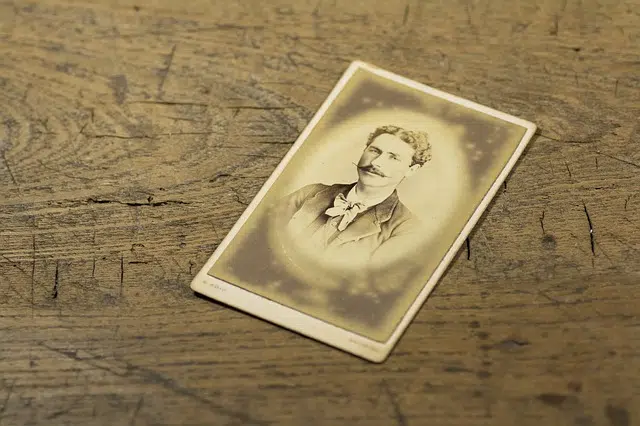
The idea of the past tense is associated with the past.
The Latin word praeteritus came into our language as the past tense . The term can be used as an adjective to name what has already happened (that is, what took place in the past).
For example: “I used colorful shirts in times past: now, in my adulthood, I prefer more sober models,” “Last Tuesday a new post office was inaugurated in the coastal city,” “Paris in the past was much safer than Paris.” current" .
Verb tenses
Past tense is also a very frequently used notion in grammar . The past tenses are those that refer to actions that took place in previous moments with respect to the time of the enunciation.
There are three main grammatical tenses: past tense (names things that have already happened), present (what is happening at the moment) and future (what will happen soon).
Past perfect simple, imperfect and pluperfect
The past perfect simple , also known as the past indefinite , mentions an action that ended in the past and that has no necessary link with the events of the present: “I entered the study hall at four in the afternoon,” “It has been more than "When I was twenty years old, I saw my favorite singer for the first time."
The imperfect tense , for its part, is related to an action that began in the past but that can continue in process, without being completed: “I used to go out a lot, although currently not so much.”
The past perfect tense ( “He had already cleaned that wall” ), the past tense ( “When he had finished eating, he left the hotel” ) and the past perfect compound ( “We have signed the petition so that they do not close the cultural center.” ) are other grammatical tenses of the preterite.

The past can be linked to something ancient.
Incorrect or imprecise use
Depending on the country and also the Spanish-speaking region, it is common for the use of past tenses to be incorrect or imprecise. The most frequent error is the confusion between the simple past perfect and the compound perfect . Curiously, this phenomenon can take place in both senses , that is, the former can be used even when the correct thing would be to appeal to the latter, or exactly the opposite.
To better understand why this is an error, let's look at one of their fundamental differences: the simple past tense serves to describe actions or events that were completed in the past, which can be described by indicating a completion date; The compound perfect, on the other hand, is more convenient to talk about those things that have happened in the nearest past and that have some connection with the present.
Examples of use of past tense
For example, if we want to mention a trip we took a few years ago, the most correct thing to do is to use the past perfect simple and accompany the message with some indication of time , as can be seen in the following example: «The last time we worked together was two years ago." In this case, there is no doubt about the content of the sentence: in the last two years, the sender and the person to whom it refers have not worked together on any occasion.
The past perfect compound, on the other hand, is appropriate in a case like the following: "Yes, I heard something about it this morning, but I didn't quite understand what they were referring to." Although the sender performed the action of hearing in the past, he chooses this tense to express that his relationship with the message heard has not concluded , since he has not been able to decode it completely and, probably, he would like to do so to close the topic. . It would be different to say "When I heard his voice, it was too late to leave the building."
The examples presented in the last two paragraphs demonstrate that there is a clear distinction between these two types of past tense; Despite this, it is rare to find a text in which they are used correctly.
